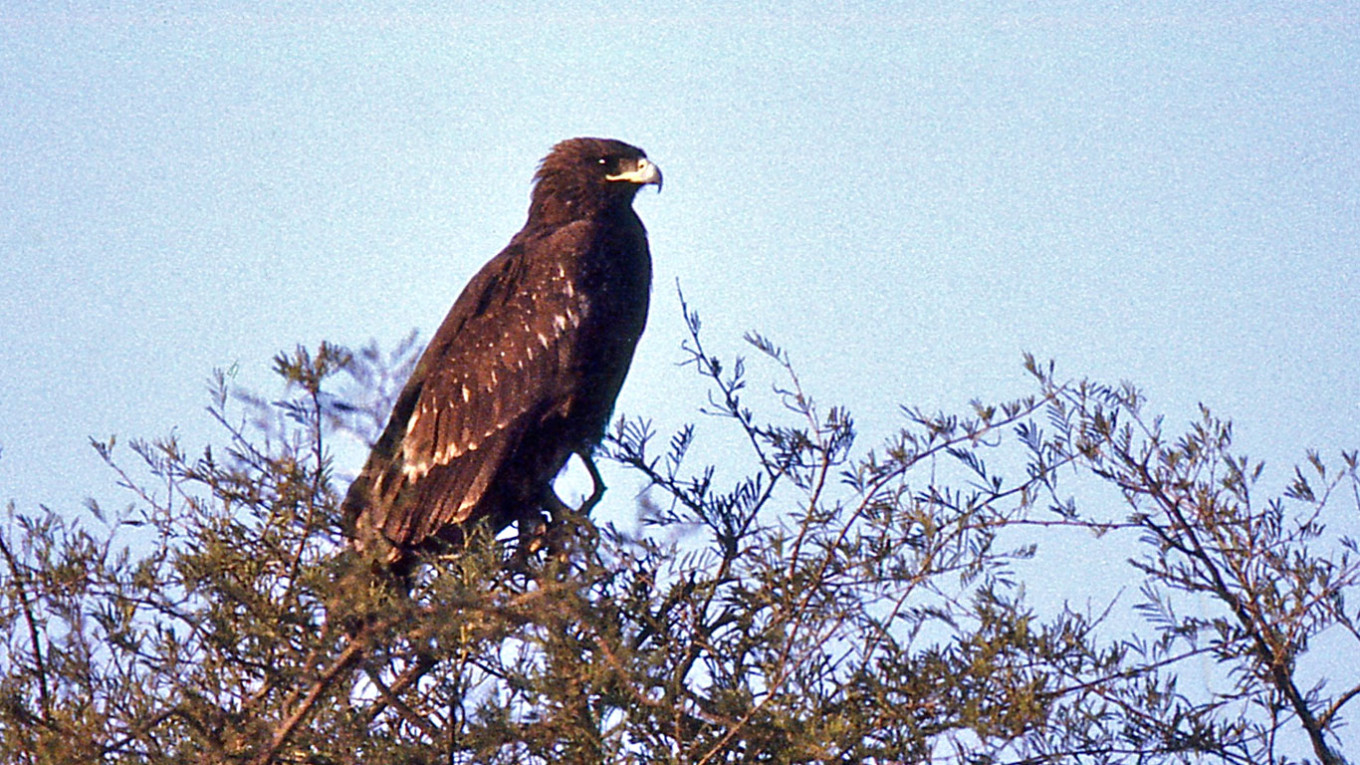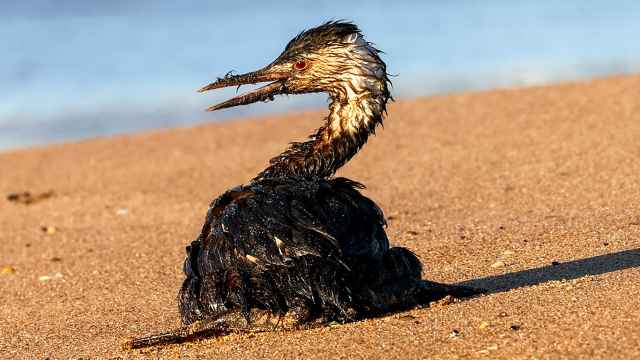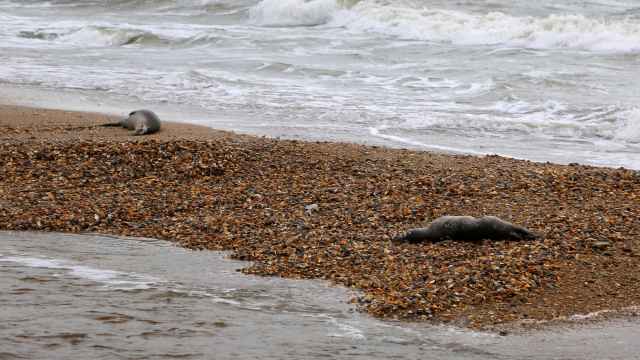Russia’s full-scale invasion of Ukraine has led to significant disruptions in the migratory patterns of a vulnerable species of eagles, according to a new study, forcing the birds to travel increasingly longer distances as they fly to reach their breeding grounds.
Greater spotted eagles, whose breeding grounds stretch from most of Eastern Europe to as far away as Far East Russia’s Primorye region, are now flying on average 85 kilometers more during migration seasons in areas impacted by the war.
This species of eagles usually migrates through September to November in the fall, and February to April in the spring.
According to a group of researchers from the United Kingdom and Estonia, male greater spotted eagles saw a greater increase on average for migration flying time than females — males flew an additional 56 hours on average, while females flew an additional 53 hours.
Moreover, while 90% of the birds observed for the study made stopovers in Ukraine before the war, only one-third did so in 2022, the year Moscow launched its invasion.
The study noted that the longer fly times and fewer stopover locations have likely exhausted the birds in war-impacted areas to the point of having “sublethal” effects, meaning the eagles are at greater risk of dying due to various causes.
A Message from The Moscow Times:
Dear readers,
We are facing unprecedented challenges. Russia's Prosecutor General's Office has designated The Moscow Times as an "undesirable" organization, criminalizing our work and putting our staff at risk of prosecution. This follows our earlier unjust labeling as a "foreign agent."
These actions are direct attempts to silence independent journalism in Russia. The authorities claim our work "discredits the decisions of the Russian leadership." We see things differently: we strive to provide accurate, unbiased reporting on Russia.
We, the journalists of The Moscow Times, refuse to be silenced. But to continue our work, we need your help.
Your support, no matter how small, makes a world of difference. If you can, please support us monthly starting from just $2. It's quick to set up, and every contribution makes a significant impact.
By supporting The Moscow Times, you're defending open, independent journalism in the face of repression. Thank you for standing with us.
Remind me later.






